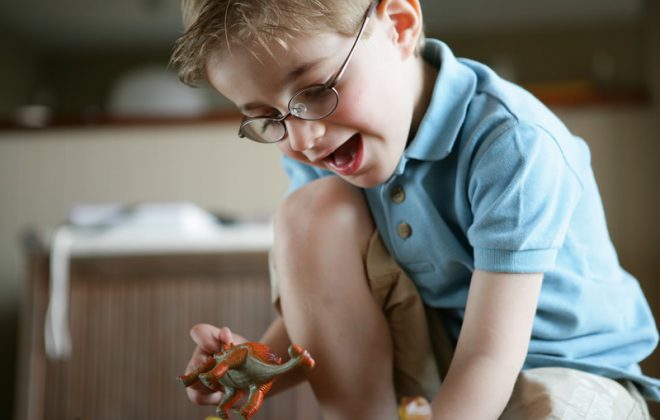Ep1 – Have you ever wondered what kind of parent you want to be?
Do you think how children turn out is determined more by nature or nurture? How do you think you are going to effectively connect with your child?
Key points
- Nature and nurture work together.
- Provide authoritative parenting delivered in the right tone.
- Provide guidance that builds on their existing skills.
- Be warm and reassuring.
Parents often find these type of questions ones they only reflect upon as they are about to become or have already become parents. Let’s reflect on some possible answers to some of these issues.
There’s been a lot of talk over the years about whether our children’s behaviour and social development is determined more by who they are, that is their nature, or by their environment and human interactions, or nurture.
Nature
These days, experts commonly believe that nature and nurture work together. Both need each other. When a child is born, they already possess a set of essential abilities to get by. These include their senses to receive information from the world. They also have the ability to pay attention to things, and to remember. As well as these skills, children are born with a ‘temperament’ that is unique to themselves.
This is determined by their genes — so often (but not always) a child’s temperament will be like one of their parents, or a mixture of the two. Our child’s temperament determines how active they are, how well they control their emotions, and how these emotions influence how they get on with other people and the rest of the world. I will be discussing temperament in more detail in a future blog.
So nature does play a big role.
Nurture
Our children are born with a bunch of stuff. Ok, but then comes the nurture part. How in the heck are we meant to do this parenting stuff? People can be very much divided about how to approach parenting, or what style of parent they want to be. Do you go hard or do you go soft? Well, kind of both.
Authoritative parenting
The most commonly used parenting style in cultures throughout the world, and the one that leads to the best outcomes, is what is termed authoritative parenting. While this sounds old school, that’s only half the story.
Authoritative parenting requires two aspects, each as important as the other. Sure, we need to give our children guidance and a set of rules they can follow, but these need to be delivered in the right tone. That tone needs to be warm, sympathetic and responsive.
This warmth thing starts very early on, in infancy. If we respond to our child’s cries quickly, consistently and appropriately, they will develop a good attachment to us. They will actively seek us out for comfort, and learn to be consoled by us. If — for whatever reason — this attachment is not well established, babies will get stressed and anxious more quickly and easily.
Relationship building
The relationship building a baby does with their parents, and other important carers, is very important. Babies listen to their mother’s voice while still inside the womb, and the first thing a newborn baby tends to look at is their mother’s face. They soon learn to imitate facial expressions such as opening a mouth or pursing lips. Around six weeks of age they are usually smiling at us, and bingo, we’re hooked!
If we can develop a good warm relationship with our baby, we will have what is termed shared understanding — where our thoughts connect; a ‘meeting of minds’. Because our babies sense that we are a source of comfort, they will take more notice of us. They will pick up more from our gestures, our tone of voice and facial expressions, and we will be ‘reading’ them better also. Think how this is like any new relationship. New ‘lovers’ of any sort, including infant and carer, will be very aware of each other’s nuances and body language, and will watch each other intensely. By the time our baby is three months of age, we will already have quite a complex relationship in place. At this age, if a baby is shown a blank expression by their carer, they will get distressed and frown, cry or turn away.
Teach and guide
So, we have attachment, we are giving warmth, we are working on developing shared understanding; what can we do with it? We guide and teach. This starts from the word go and doesn’t stop. This guidance needs to pitched at the right level, just a little advanced on the skills they have established already so that they can take it on board. It needs to be just outside what they already know, a place that can be thought of as a learning zone (known technically as the ‘Zone of Proximal Development, or ZPD).
Parents and carers almost entirely occupy this role for babies. When they get older, others such as siblings, friends, peers, other adults and teachers will also get involved. It is our role to guide — to teach our children know what is expected of them and how to get on with life— and to do so in a warm and reassuring tone. As American expert on child development Professor Laura Berk notes;
Parents and teachers are leaders in awakening children’s minds and fostering their development; children are apprenticed to these experts.





